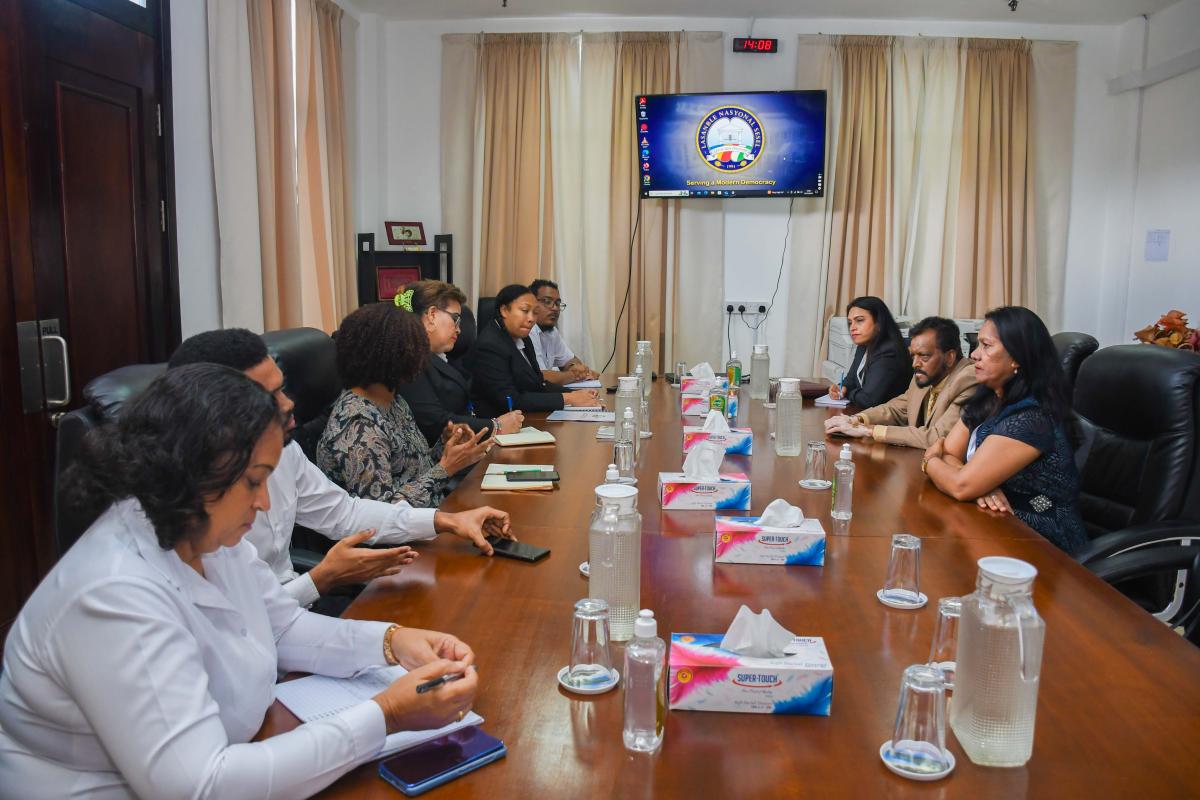On the afternoon of Tuesday 24th September 2024, the National Assembly hosted a benchmarking visit of the National Assembly of Mauritius. The visiting group was comprised of the Head of the Mauritius delegation Hon. Mohamad Salim Abbas Mamode, Clerk Ms. Urmeelah Devi Ramchurn, and the Director for ICT Mrs. Saseeta Ramsalye-Rakha. The purpose of the benchmarking visit was to share best practices on the operations and procedures of the National Assembly, particularly the methods used when transcribing the Verbatim for each Sitting of the Assembly, as well as the functions of the Media Operations Unit and IT Department.
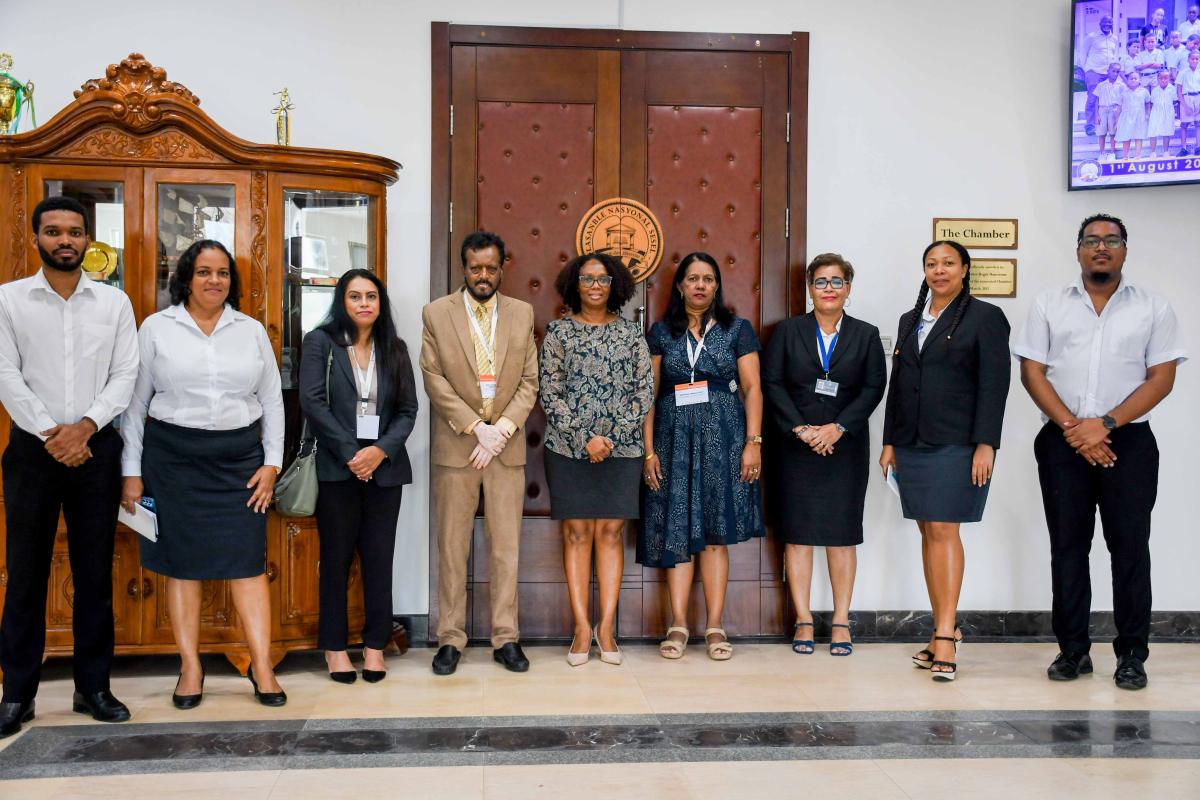
Welcoming the delegation to the National Assembly was Clerk Mrs. Tania Isaac, who expressed an appreciation for such exchanges with the shared goal of development and cooperation. Providing insights into the operations of the Hansard Unit was Chief Hansard Editor Mrs. Florette Monaie, assisted by Principal Hansard Editor Ms. Samia Lebon. Also present was the Senior IT Officer Mr. Vincent Quatre, and Senior Parliamentary Media Operations Officer Mr. Travis Boniface.
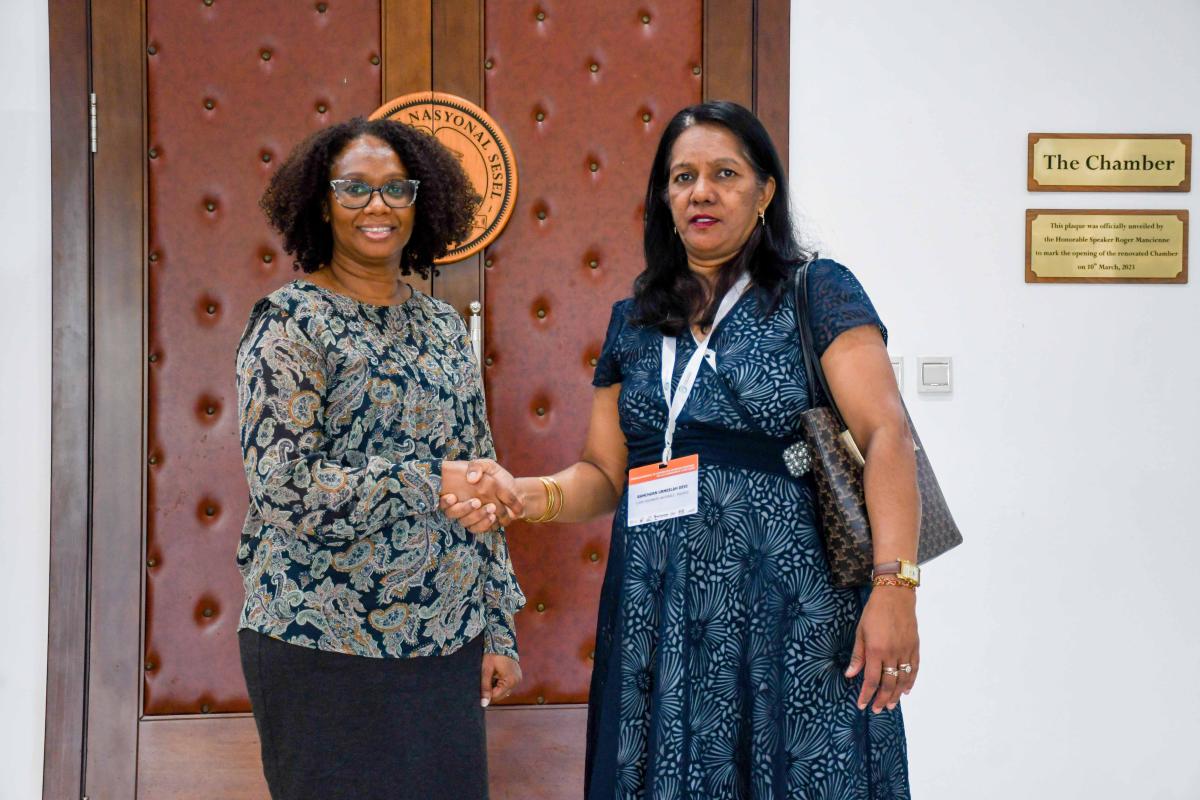
The Mauritian delegation inquired into the use of Seychellois Creole as the primary language during Sittings, noting that the Parliament of Mauritius only allows the use of English and French. Hon. Mamode explained that while Mauritian Creole is an official language of the nation, due to the numerous dialects and regional variations found across the country, it is not permitted to be used as the primary spoken language of the Assembly for the moment.
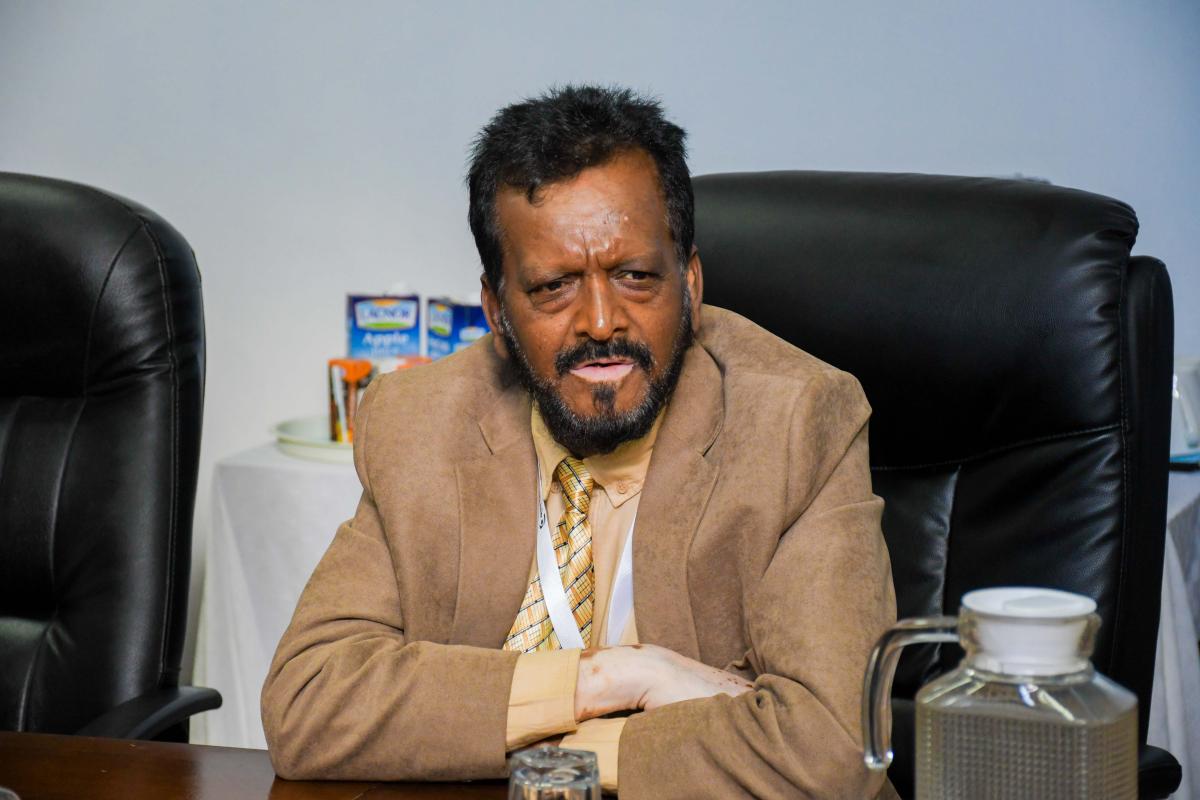
The Seychelles delegation shared the National Assembly Hansard Guidelines, which guide the linguistic, and technical aspects of transcription. This includes the procedures on retractions, the use of English words, and the ways in which Creole words are able to be standardized. Mrs. Monaie noted that due to Creole being taught in national schools, the use of a more standardized and homogenous Creole in Seychelles is widespread.
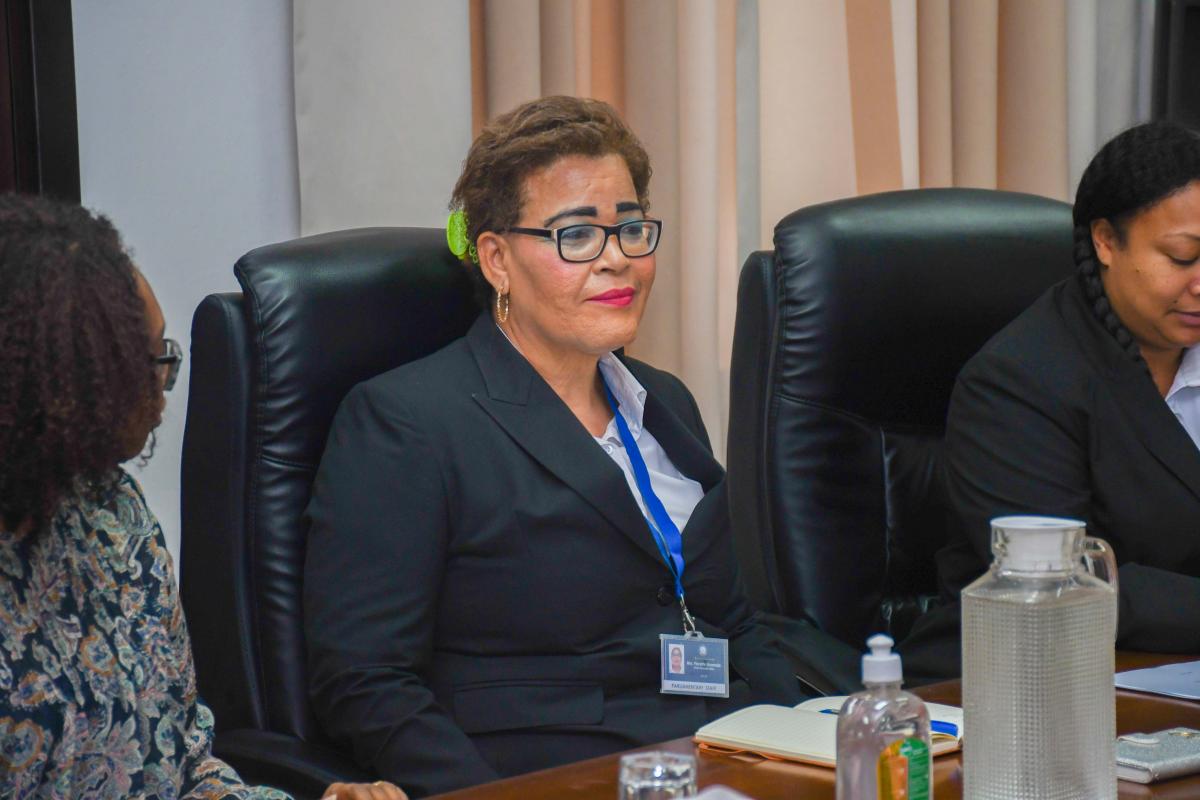
Clerk, Ms. Ramchurn, noted her appreciation for this unique opportunity to see a system of transcription utilizing Creole; it was emphasized that the best practices and information shared in this session would be used as part of their ongoing research, should a similar system in the Parliament of Mauritius be created. While developments in technologies such as the use of Artificial Intelligence and text-to-speech software are being used, this linguistic development would require experienced parliamentary staff. Ms. Ramchurn then extended an invitation for the present technical staff to attend a benchmarking visit in Mauritius, in order to cultivate a more comprehensive understanding of the different systems.
